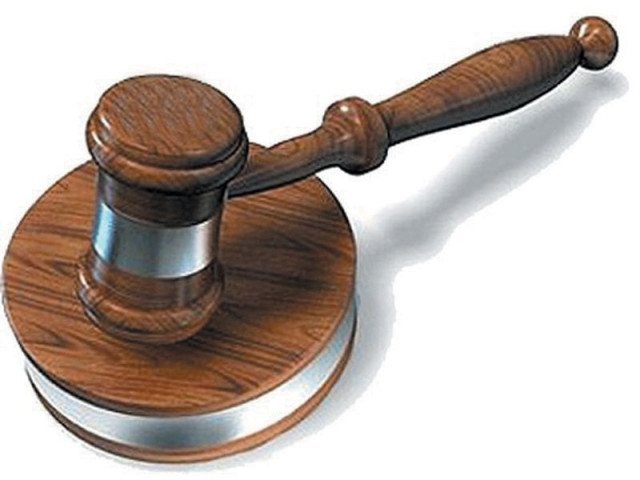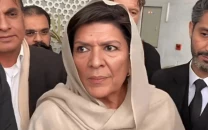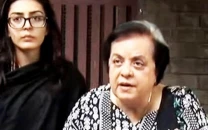Missing persons case: CJP constitutes larger bench
Five-member bench to ensure uniform consideration over questions related to trial of military officials.

“The Punjab Assembly should ensure that the job quota for the Punjab is allocated for two regions, north Punjab and south Punjab,” Leghari told The Express Tribune. CREATIVE COMMONS
The military officers would be tried for their alleged role in orchestrating the enforced disappearance of 35 missing persons from an internment centre in Malakand on June 5.
A two-judge bench of the apex court, headed by Justice S Khawaja, while hearing a suo motu case regarding the disappearance of the missing persons, had recommended that the case be heard before a larger bench.
Khawaja made this recommendation to ensure uniform consideration over questions related to the trial of the military officials.
In view of the bench’s recommendation, the chief justice on Friday constituted a five member larger bench, headed by Justice Nasirul Mulk.
The bench comprises five judges in line to become the chief justice of Pakistan. They are Justice Jawwad S Khawaja, Justice Anwar Zaheer Jamali, Justice Mian Saqib Nisar and Justice Asif Saeed Khan Khosa.
The bench will take up the issue on June 24 to decide the legal questions related to the trial. Presently, the cases of the missing persons are being heard in four different benches.
For the first time in Pakistan’s history, on March 21, the defence minister lodged an FIR, under Section 346, against those army officials in regard to the removal of 35 undeclared inmates from a prison facility in Malakand.
On the request of military authorities on March 25, the provincial administration decided to close the case against members of the armed forces.
Subsequently, the matter was referred to military authorities for further investigation and a trial under the Pakistan Army Act 1952.
Later, the SC on May 15 formulated legal questions about the trial of the army officials and asked the attorney general of Pakistan and advocate general Khyber-Pakhtunkhwa to assist it in this regard. The questions are:
Firstly, when a person is accused of commission of an offence under the Pakistan Penal Code (PPC) and that person is serving in the Pakistan Army, is it the ordinary criminal (forums) courts, set up under the Criminal Procedure Code (Cr.P.C), which are to try him, or is it for forums under the Pakistan Army Act to try such an accused?
Secondly, is it the ordinary criminal courts (in the present case, the courts in Malakand) that are obliged to accede to the request made by the army authorities, or is it within the discretion of the ordinary courts to determine whether or not to allow the request of army authorities to transfer the case to them?
Thirdly, if it is for the ordinary forums to exercise discretion in the matter of a request received from the army authorities, what is the basis on which such a request should be considered, and then allowed or declined?



















COMMENTS
Comments are moderated and generally will be posted if they are on-topic and not abusive.
For more information, please see our Comments FAQ